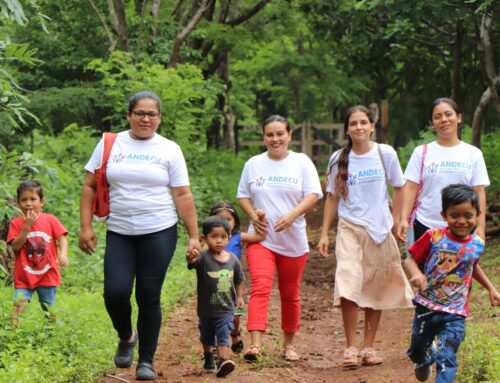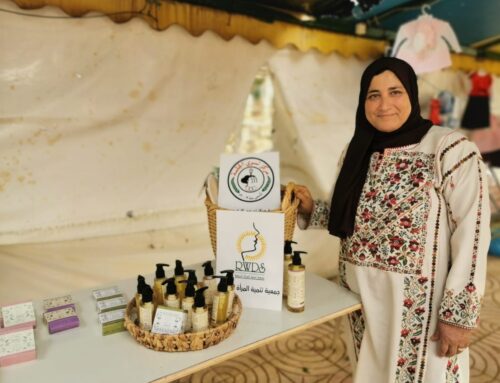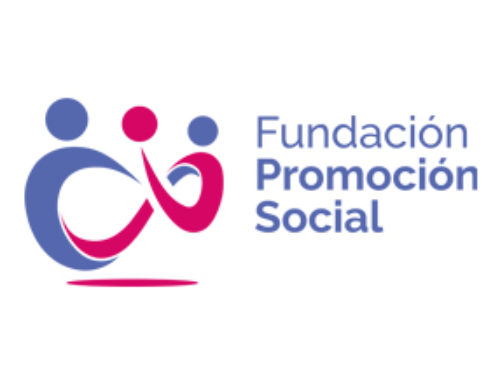MADAD: Improving access to quality health care for persons with disabilities in Lebanon
The project, develops in consortium with International Medical Corps UK (IMC), is a new component of MADAD-REBAHS, focuses on the training of 1,200 professionals: health personnel and personnel from the Ministries of Public Health (MoPH) and Social Affairs (MoSA), humanitarian personnel of the different NGOs and Agencies present in Lebanon working in the disability sector, and an as yet undetermined number of Syrian volunteers, to serve as focal points and reference points for disability in refugee settlements. The objective is to be able to respond, firstly, to the needs that arise and, later, to refer each case to specialized centers and services.
Likewise, the project includes a training of trainers for personnel of the Primary Health Clinics -60 people-, with the purpose of acting as Multiplier Agents and ensuring the self-sustainability of the intervention once completed, thus increasing exponentially its impact.
In addition, the gathering of relevant information on the current situation of disability in Lebanon is foreseen, a subject that has been little discussed so far and of which there is scarcely any data. The purpose is to create a baseline and contextualize the problem on which to influence, in order to assess the impact of the project after its completion. In this sense, Social Promotion is responsible for creating a reference database to share with all the stakeholders involved, as well as a needs study at a national level that will be used to identify the main needs and gaps in the coverage of the disability both in relation to the Lebanese population and the Syrian refugees. The objective is to prioritize and coordinate the activities of the international organizations involved in this matter. The DataDyne application and the IBM SPSS software (Statistical Package for Social Sciences) will be used for the data collection; and for descriptive statistics and standardized comparative methods of means and proportions, the Stata 13 software.
Simultaneously, the adoption of a Detection and Follow-up Program and a Referral System, thanks to the work of specialized personnel, will help the adequate and rapid attention of each case.
On the other hand, the project integrates the provision of ad hoc services in disability (mainly, diagnosis and rehabilitation) in Primary Health Centers managed by the Ministry of Public Health, as well as the distribution and / or maintenance of technical aids (prostheses) and orthoses, medical beds, walkers, crutches, wheelchairs, visual and auditory aids…), activities that will be carried out by International Medical Corps UK (IMC).






